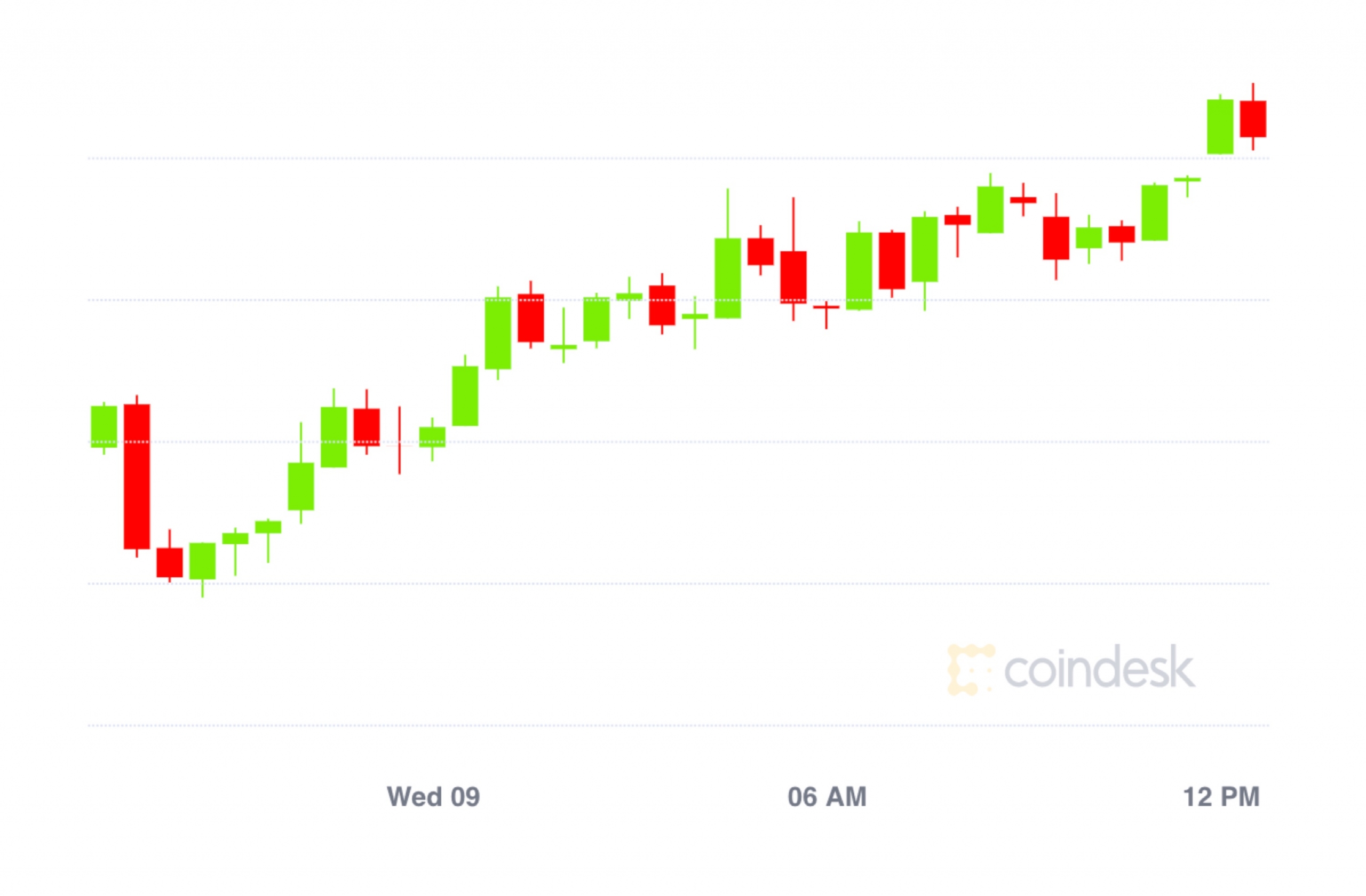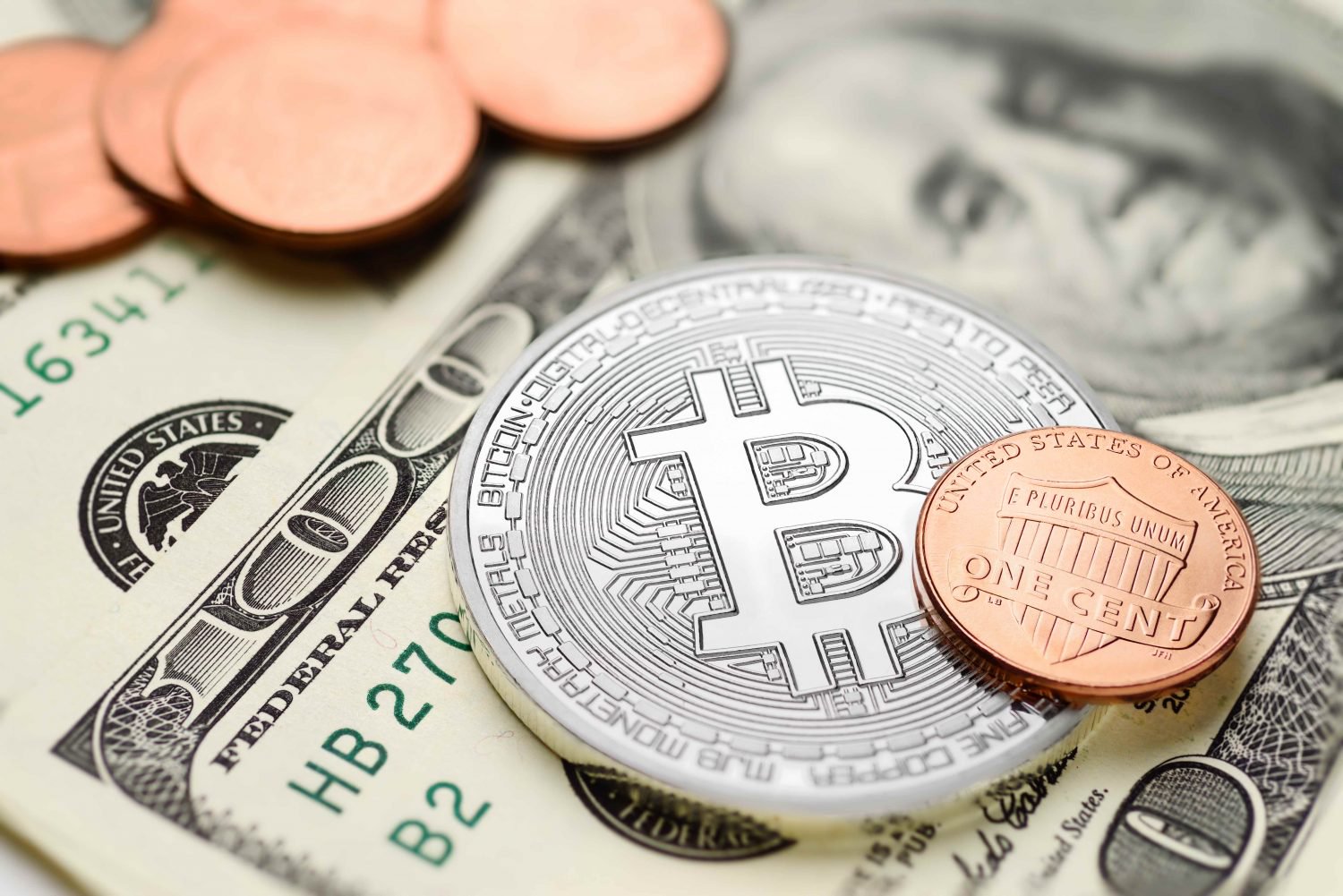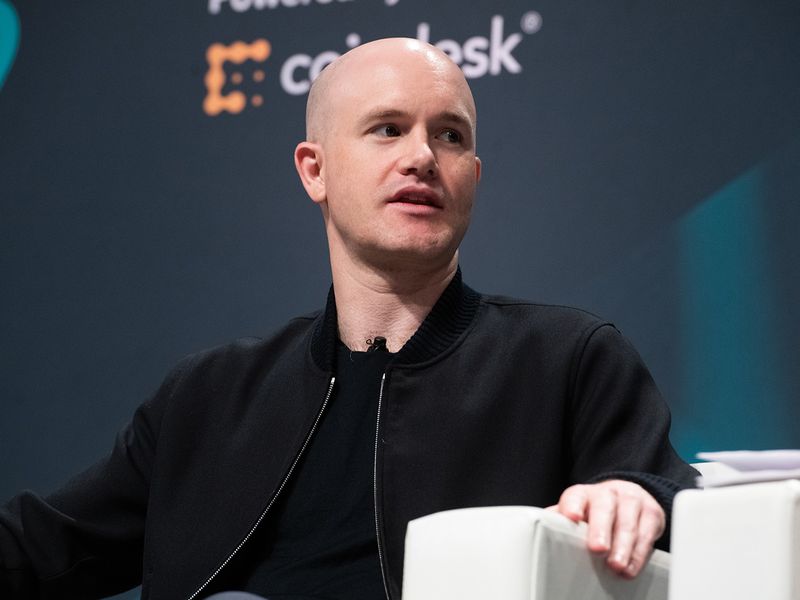The Need for Clarity in Washington – Not Just on Crypto
So, will the Federal Reserve raise rates again at its next meeting?
Maybe. Maybe not. But, then again, it depends. I mean, Fed Chair Jerome Powell seemed like he sounded more dovish. Or perhaps it was that the FOMC’s statement felt less hawkish. Right? Kinda, no?
The ambiguous messaging from this week’s meeting of the Federal Open Market Committee, with a statement from the committee and commentary from Powell that hinted at a monetary softening but was far from definitive, was frustrating for markets. But it was par for the course in the modern art of central bank policy-setting.
I see these moments, in which markets must dissect the cryptic signals of these 12 people to figure out what price to pay for financial assets, as a reminder that our economic lives hinge on the decisions of small groups of fallible humans. That’s an interesting situation for an AI age in which we are surrounded by digital technologies that can review, interpret and program responses to massive amounts of data in seconds. Now, more than ever, we should be demanding more clarity and transparency in policy-setting.
You’re reading Money Reimagined, a weekly look at the technological, economic and social events and trends that are redefining our relationship with money and transforming the global financial system. Subscribe to get the full newsletter here.
That all probably sounds like I’m laying up a “trust in the math” argument to replace our flawed human institutions with predictable, decentralized, censorship-resistant cryptographic monetary systems such as Bitcoin’s. But I actually believe the sheer complexity of our global economy – made up of human beings with different needs, political views, incomes, wealth and debt scenarios – demands some flexibility and uncertainty in policy making. A rigid, deflationary monetary policy isn’t always the best thing; we need a human kill switch.
Nonetheless, given the repeated central banking failures of the past few crisis-wracked decades – not to mention all the mistakes made by our elected officials and regulators – shouldn’t we at least be demanding that our leaders enable some of these new tools to guide their and our decisions?
There’s a wealth of valuable data in blockchains that shed a light on human behavior. There are cryptographic verification systems such as proof-of-reserves that could provide real-time confidence in the liquidity of banks and other vital institutions. With hedge funds and other market heavyweights deploying powerful artificial intelligence tools to out-run all other market participants, policymakers are going to need powerful analytical tools of their own.
Instead, officials are increasingly reverting to opacity, deliberate ambiguity and equivocation. When asked during his Wednesday press conference if he thought monetary policy was too restrictive right now, Powell said, “That’s going to be an ongoing assessment. We’re going to need data to accumulate on that. Not an assessment that we’ve made – that would mean we’ve reached that point. And I just think it’s not possible to say that with confidence now.”
Forty-two words. Nothing said.
To be fair, the art of obfuscation is not a new practice among central bankers. The standard-bearer was Alan Greenspan, who occupied the powerful Fed chairmanship for 19 years before his exit in 2006, two years before the global financial crisis produced the ultimate legacy of his “new economy” position encouraging big banks, low rates and financial innovations such credit default swaps: the financial crisis of 2008. Greenspan’s meandering, obtuse commentaries spawned the term “Fedspeak.”
There’s strategic logic to the cryptic approach. Central bankers want to guide markets to an appropriate balance; they don’t want them to misinterpret their intentions and make an excessive response in either direction. But there’s also some CYA going on: the less you can commit to taking a clear position, the less you can be blamed for getting it wrong when circumstances turn against you.
This tendency toward the opaque isn’t just for central bankers.
Consider the now famous exchange between the Chairman of the House Financial Services Committee, Rep. Patrick McHenry (R-N.C.) and Securities and Exchange Commission Chair Gary Gensler’s during the latter’s appearance before the committee two weeks ago. McHenry repeatedly tried to get Gensler to provide his opinion on whether ether is a security and the SEC Chair kept reverting to a stock line drawn from the Howey Test. Sensing, each time he tried, that Gensler was avoiding the question, McHenry would interrupt him and ask the question again, pointedly. The effect was to expose the SEC’s lack of clarity on these issues as a counterpoint to the Chairman’s repeated claim that the “law is clear” for crypto companies.
Gensler was between a rock and a hard place. Much like Jerome Powell, he had to equivocate because a pronouncement either way would trigger a mass over-reaction in either direction in crypto markets. But McHenry is still right: the crypto industry deserves much more clarity from its regulators.
Part of what’s happening is that Congress itself is unable to provide clarity. It can’t overcome its differences and legislate in a way that would set the right ground rules for the SEC, the Commodities Futures Trade Commission and other agencies that regulate crypto.
That, in turn, is a function of how divided it is – really of how divided the American population is. The result is the opposite of the empty word salads used by Powell and Gensler: we get very pointed, unambiguous, opposing statements from influential lawmakers on either side of the political divide. The lack of clarity in this case comes from their failure to come together, to find compromise and make laws. Just look at the debt ceiling standoff.
Regulators and policymakers like Gensler and Powell have to operate within this broken political environment, one marked by the lowest trust ratings in history for government. Their own lack of clarity is a survival mechanism for grappling with this wider uncertainty and malaise.
As I mentioned, blockchain and crypto have tools that might be helpful to cut through all that BS.
But alas, the U.S. government is currently quashing that technology rather than supporting it.
Edited by Ben Schiller.
Learn more about Consensus 2024, CoinDesk’s longest-running and most influential event that brings together all sides of crypto, blockchain and Web3. Head to consensus.coindesk.com to register and buy your pass now.
DISCLOSURE
Please note that our
privacy policy,
terms of use,
cookies,
and
do not sell my personal information
has been updated
.
The leader in news and information on cryptocurrency, digital assets and the future of money, CoinDesk is a media outlet that strives for the highest journalistic standards and abides by a
strict set of editorial policies.
CoinDesk is an independent operating subsidiary of
Digital Currency Group,
which invests in
cryptocurrencies
and blockchain
startups.
As part of their compensation, certain CoinDesk employees, including editorial employees, may receive exposure to DCG equity in the form of
stock appreciation rights,
which vest over a multi-year period. CoinDesk journalists are not allowed to purchase stock outright in DCG
.
:format(jpg)/www.coindesk.com/resizer/AYsZakas8ylegdN7CxYrbIoL-2Q=/arc-photo-coindesk/arc2-prod/public/7Y6UB5O4FZBO5O7BEG6THLNK5Y.jpg)
Michael J. Casey is CoinDesk’s Chief Content Officer.









